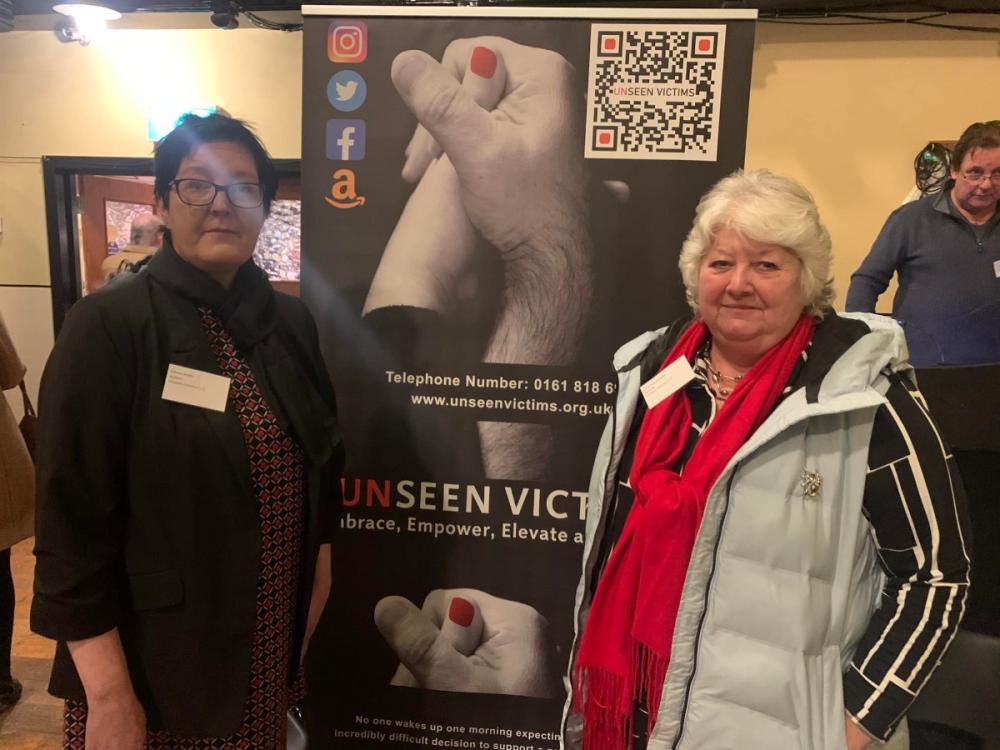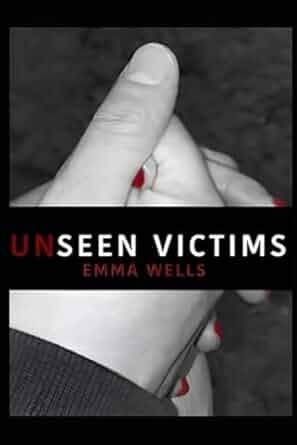search
date/time
 | North East Post A Voice of the Free Press |
12:00 AM 19th July 2025
family
The Missing Piece In Prison Rehabilitation: Families Must Be Part Of The Conversation
Emma Wells, Founder of Unseen Victims CIC

Emma Wells and her mother
In 2024, over 1.2 million people in the UK were socially connected to someone in prison. These individuals—partners, children, parents, siblings—often find themselves caught in the emotional blast radius of a conviction or arrest. Yet, as our own work with Unseen Victims CIC has shown, they remain largely invisible in policy and support structures. This omission isn't just a matter of compassion; it is a missed opportunity in reducing reoffending.
Supportive Families: A Protective Factor
When families are stable, informed, and engaged, they can provide vital emotional, practical, and moral support to someone rebuilding their life after prison. Housing, motivation, childcare, and even just a sense of hope can all be bolstered by family ties. Studies repeatedly show that people leaving prison who have consistent, positive contact with loved ones are less likely to return. But the system rarely invests in equipping families with the information or support they need to fulfil this role effectively.
Dysfunctional Families: An Unspoken Hurdle
However, this is only half the story. Not every family is a source of stability. In fact, a significant portion of people in custody come from homes where criminal activity, substance abuse, or coercive dynamics are normalised. An award-winning ex prison officer and group mentor commented in a recent discussion:
 (1).jpg)
Emma Wells
These aren’t necessarily "bad people"—they are often products of generational trauma and deprivation themselves. But to ignore this complexity is to ignore reality. Some individuals leaving prison must make the heartbreaking choice to distance themselves from their families entirely to survive, let alone thrive. A one-size-fits-all model of "family engagement" cannot account for that.
So, What’s the Solution?
We need a national conversation about the dual role families can play—both as a source of support and a potential risk factor in rehabilitation.
1. Dedicated Liaison Officers trained to support the families of those arrested or imprisoned—offering guidance, safeguarding, and access to services. We cannot simply continue to focus on enclosed rehabilitation. It’s not fair to expect that those welcoming a person back into their lives and homes have been rehabilitated. Because by and large this is a myth, it is a false promise and we see day in day out horrific stories of betrayal, further offending and devastation that’s created when unprepared and ill-informed families are left to simply get on with it.
2. Family Education Initiatives, to raise awareness of how loved ones can become positive contributors to rehabilitation. Use organisations like Unseen Victims to promote healthy lifestyles, spot red flags and feel confident that when they have concerns that they can speak with others who have experienced the worst things that can happen and can signpost appropriately to other organisation that can offer dedicated support for the vast number of problems that present, post release. We need to understand and promote the importance of lived experience, strong peer support and the immeasurable value that shared experiences, and knowledge is when used as tools for survival on these journeys, this is critical.
3. Tailored Risk Assessments that consider whether returning home is safe or appropriate, and ensure there are viable alternatives when it isn’t. Speak with loved ones, it is them who will be supporting these returning citizens and their opinions, concerns and expectations really matter.
Why This Matters
By 2027, prison capacity in the UK is expected to soar from around 90,000 today to over 107,000. With rising arrests and longer sentences, thousands more families will suddenly find themselves thrown into crisis. They won’t see it coming. Most never do.
As we continue to debate what rehabilitation should look like, let’s remember that people leaving prison don’t re-enter a vacuum. They go home—if they’re lucky. The question we must ask is: what are they going home to?
If we want to make rehabilitation meaningful, sustainable, and humane, then it’s time to start investing in the unseen victims of crime—the families. Without them, we are only ever addressing part of the problem.

Emma Wells is the author Unseen victims